On August 4th, the United States is hosting a first-ever “Africa Summit.” African heads of state are visiting Washington, DC to engage in discussions about US-Africa relations and common concerns. However, issues of human rights violations, especially in the realm of religious freedom, will not likely be on the agenda. On Cornerstone, we use the occasion of the Africa Summit to reflect on the dire state of religious freedom in sub-Saharan Africa.
By: Aisha Babalakin
The Islamic State [of Iraq and Syria] continues to attack major parts of Iraq, forcing Christians, Yazidis, and Shi’ite Muslims to flee from their homes. The jihadist group enforces a strict and literal interpretation of sharia law, and their ambition is to restore an Islamic caliphate that stretches across the Levant into North Africa. As one would expect, religious and economic freedom are not guaranteed to towns under ISIS control. So far, ISIS has succeeded where al-Qaeda failed, in imposing the jihadist model of an Islamic society in various towns in Iraq and Syria.Other militant groups are paying close attention to ISIS’s excursion, observing the tactics that work and those that don’t. The jihadist group Boko Haram rose to international infamy this April, when members of the group abducted over 250 schoolgirls in northeastern Nigeria under the leadership of Abu Bakr Shekkau. The whereabouts of most of these girls is still unknown, and the world paid close attention to the actions and demands of Boko Haram. Since April, the group has claimed responsibility for over 11 attacks and acts of violence in northern Nigeria alone. Citizens of northern Nigeria, Cameroon, and Chad are gripped by the violence they see in neighboring villages, and the violence reported in Iraq and Syria. For them (especially the Christian minorities in this region), ISIS’s ambitions are Boko Haram’s too. If the Iraqi Army is unable to stop this movement, should they begin to flee their homes as well?
At the African Leadership Summit held in Washington, DC last week, President Barack Obama announced $14 billion in commercial deals with various African nations. He called for renewing the African Growth and Opportunity Act, which aims to stimulate the economies of sub-Saharan African states. Furthermore, the World Bank pledged to begin approving credit and loan guarantees for 15-20 power projects in Ghana and Nigeria, as well as other African nations. It is through economic opportunities and partnerships with the West (such as those presented at the African Leadership Summit) that Nigeria can achieve its economic potential as the largest economy in Africa, with a GDP worth $510 billion.
It is well known that Boko Haram is inherently anti-West. The group opposes Western education and influence, and wishes to impose strict sharia law in the North, where Islam is the dominant religion. Boko Haram frequently bombs and attacks churches during services or religious holidays, such as the Easter bombing in 2012. There is no doubt about it: Boko Haram wishes to restrict the religious freedom of minorities in West Africa. In the future, the group’s anti-Western stance will prevent religious minorities from economic prosperity and international trade with the West. Such policies and restrictions will continue to be detrimental to progress in Nigeria (and parts of Chad and Cameroon).
According to the Pew Research Council, by 2030, Muslims will comprise of 55.6% of the population in West Africa, up from 52.2% in 2010. Nigeria currently has the largest Muslim population in all of sub-Saharan Africa. The southwest and southeast of Nigeria include an eclectic religious mixture of Muslims, Christians, and some pagan worshippers. The South is also more economically prosperous than the North. Though the reasons for this economic disparity are numerous, religious freedom in the South remains a factor that contributes to economic prosperity. Jihadist movements, without hindrance, will seek to restrict such freedom, and prohibit trade with the West, causing the fledgling democracies in West Africa (where they are present) to spiral into economic despair.
Aisha Babalakin is an undergraduate in the Walsh School of Foreign Service (class of 2015) majoring in International Politics with an Arab Studies Certificate.
This piece was originally authored on August 19, 2014 for the Religious Freedom Project at Georgetown’s Berkley Center for Religion, Peace, and World Affairs.
THE RFI BLOG
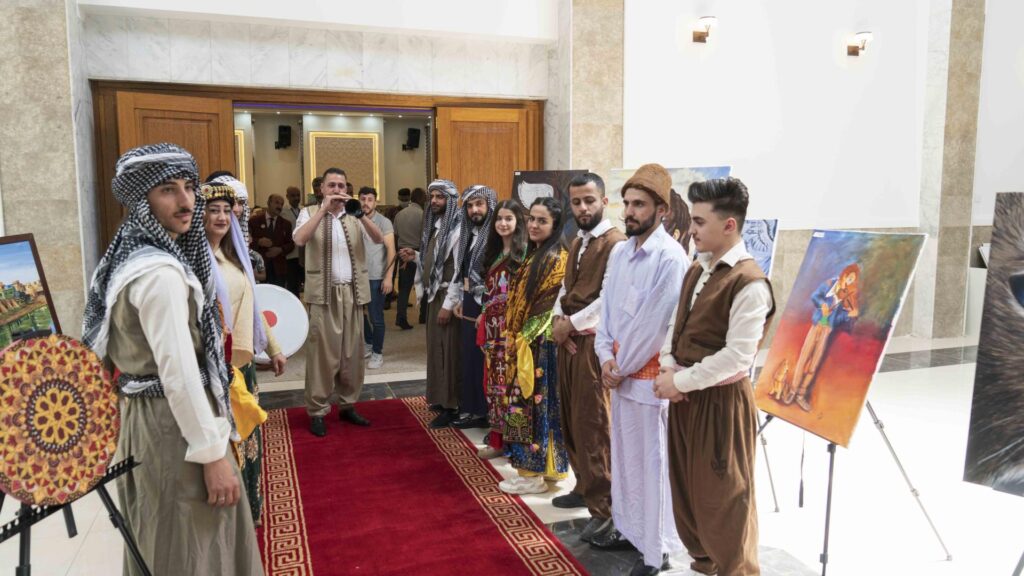
Addressing the Precarious Religious Freedom in Iraq
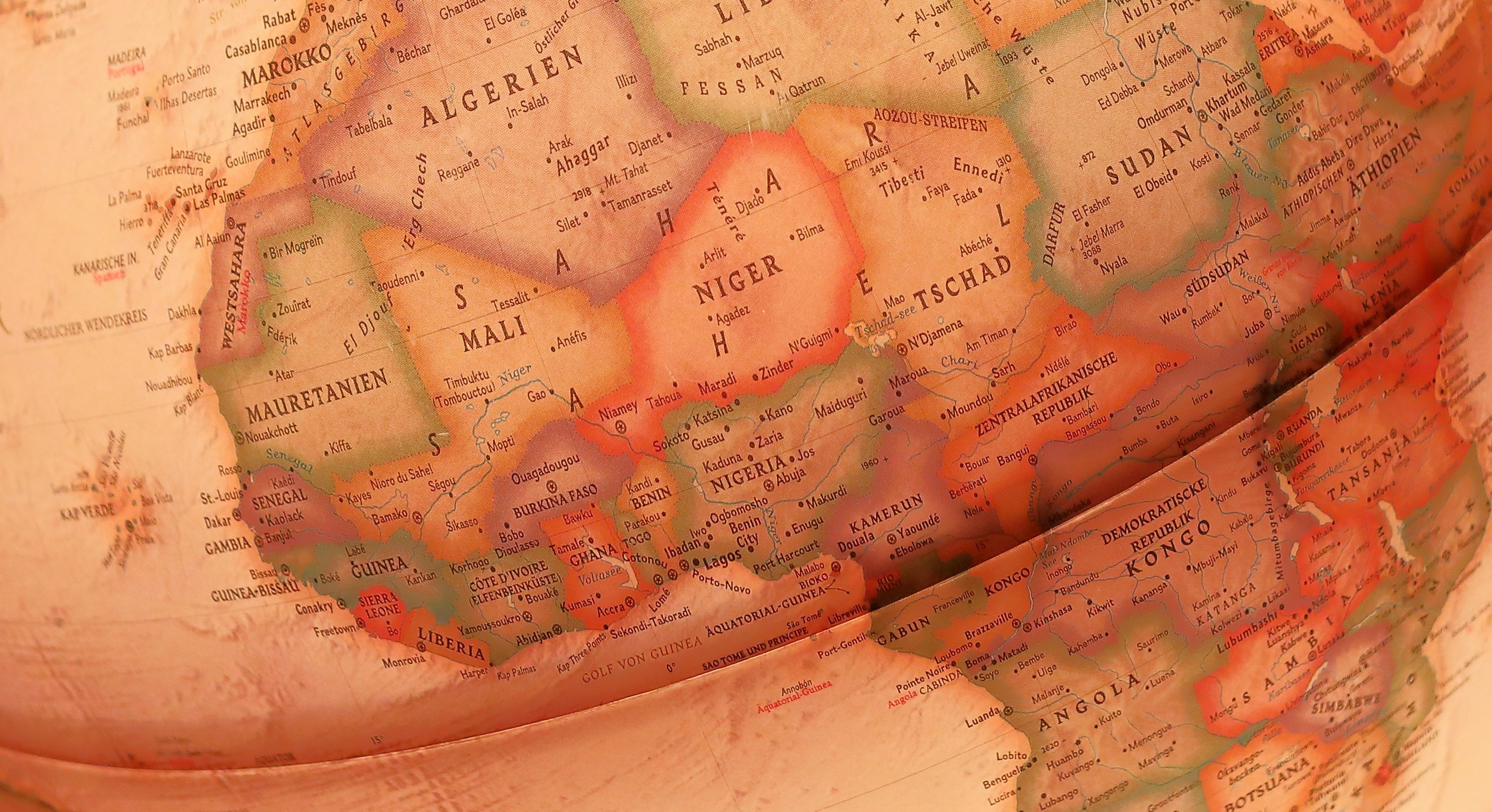
U.S. Must Redesignate Nigeria as a CPC Immediately
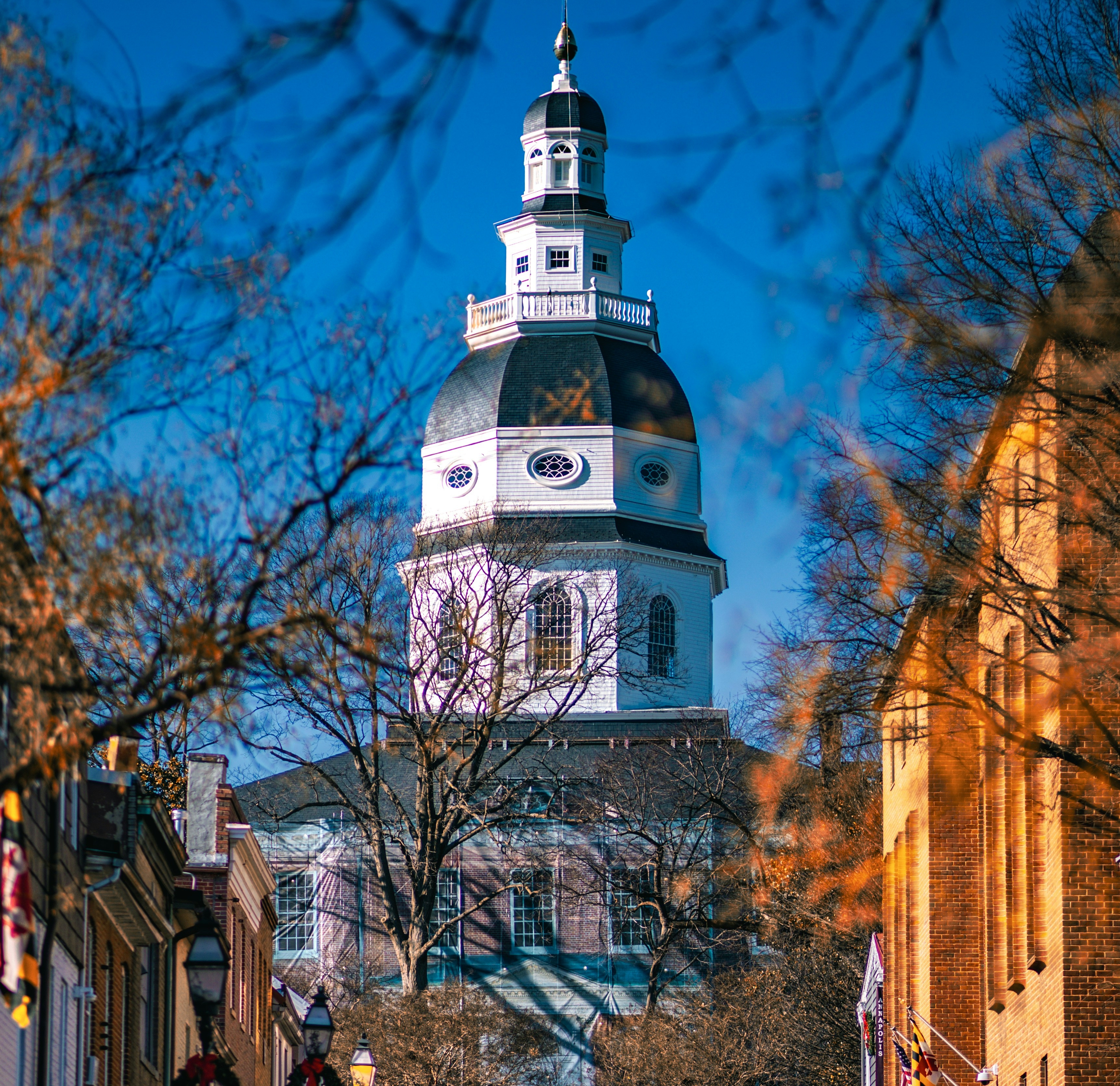
RFI Urges MD Lawmakers to Protect Children, Parents, and Health Care Providers
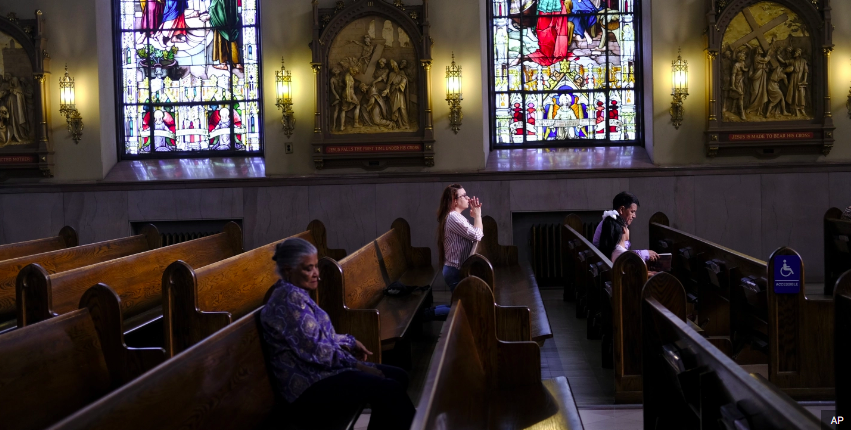
The Intersection of Religious Freedom and Immigration Enforcement
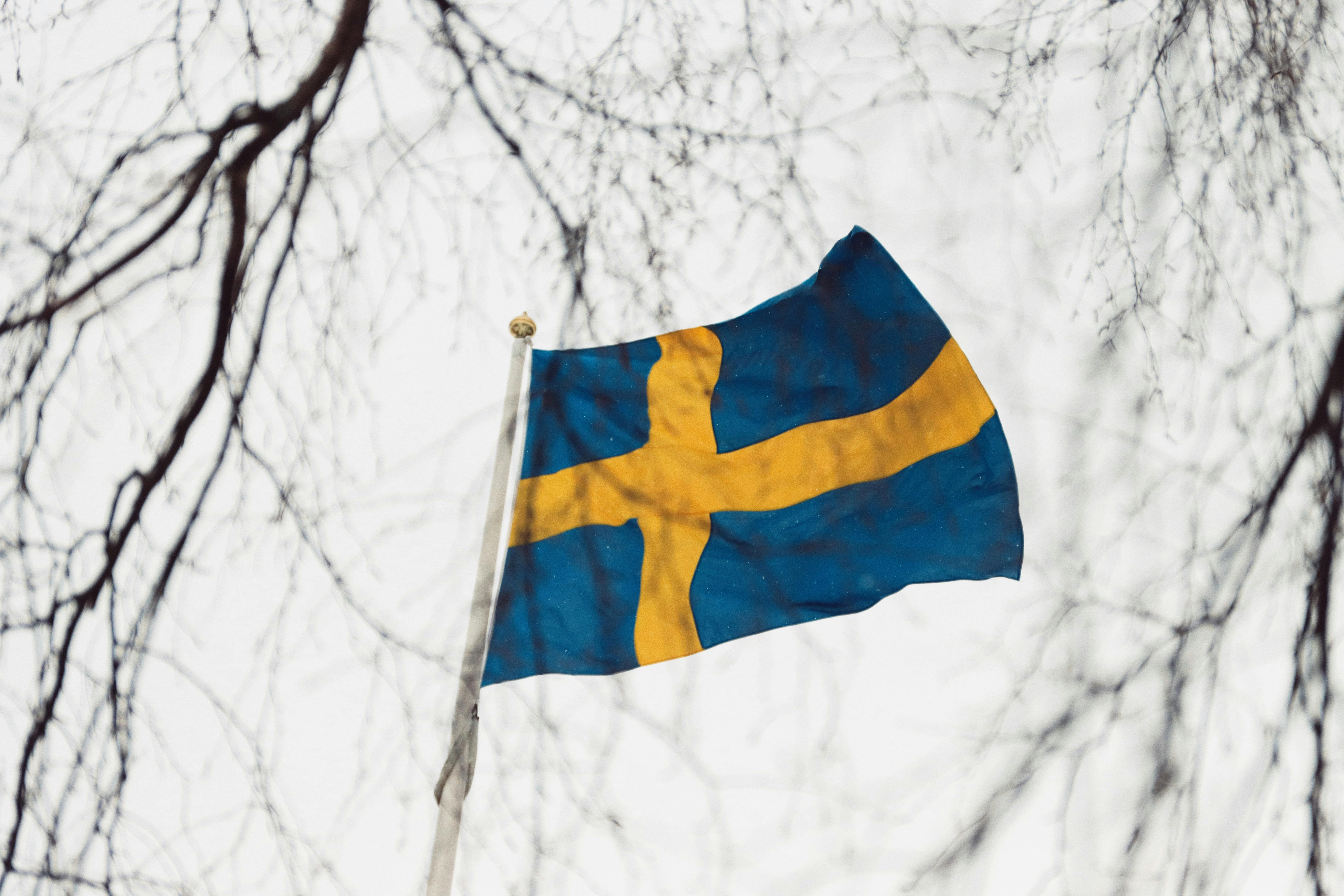
Following Quran Burnings, Will Sweden Stumble Into Anti-Blasphemy Laws?
CORNERSTONE FORUM

Reaffirming Religious Freedom: Bridging U.S. Advocacy and Iraq’s Constitutional Framework

Political Polarization, Same-Sex Marriage and Religious Liberty

Bridging the Gap Between International Efforts and Local Realities: Advancing Religious Freedom in the MENA Region

Challenges to Religious Freedom in Iraq and the Critical Need for Action


